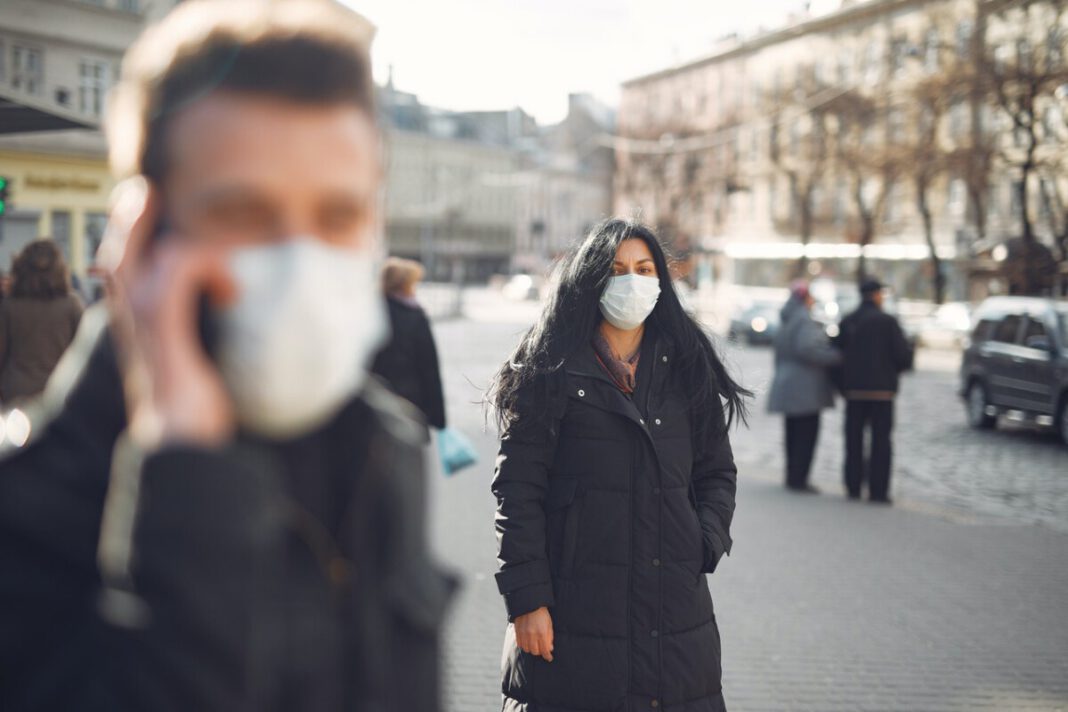The RIVM has released its daily count. 35 people have been hospitalised since yesterday, bringing the total to 10,592. We’ve also had 319 more positive tests, bringing the number of confirmed infected people in the Netherlands to 42,093.
Furthermore, there have been 71 confirmed deaths in the Netherlands, bringing the total to 5,359. As we’ve seen this week, the number of deaths each day is remaining quite low: but there’s more to the story than that, says the RIVM. More deaths than usual are taking place each week, which may be connected to coronavirus.
RIVM confirms extra deaths between 23 and 29 April
There were more deaths than expected in the week between 23 and 29 April, based on averages from previous years. A total of 3,580 deaths were reported over this timeframe in 2020. Normally we expect between 2,609 and 2,913 deaths at this time of year.
This year’s number is between 667 and 971 more deaths than we would expect. This is approximately 1.5 times the reported mortality of laboratory-confirmed COVID-19 patients in the same week (533), the RIVM says. That means that there are likely a significant number of coronavirus deaths going unreported each week.
No more combined travel deals and bicycles on trains
In an effort to curb unnecessary travel by train, the NS has decided to implement some new measures. Starting from next Tuesday, people will no longer be allowed to bring bicycles on trains or purchase the Fietskaart Dal (which permits you to bring the bikes on trains). Furthermore, group discounts will be cancelled to prevent large groups from travelling together.
The reason for this new policy is to ensure that people keep train travel for when it’s only strictly necessary. These are all temporary measures which will be ended once the coronavirus crisis passes.
Big events will only be permitted once a coronavirus vaccine is developed
Yesterday, the Dutch cabinet announced the latest coronavirus measures. Although rules are set to relax starting May 11, large-scale public events will not be permitted until a vaccine exists.
Although the cabinet still has to make a decision about the status of major events and whether or not they can be organised after September 1, it was revealed for instance, that football matches will take place after that date, but without an audience.
As of now, much uncertainty is still in the air, and the exact way in which large-scale events will be permitted is still unclear, but hopefully more will be revealed in the weeks to come.
Health Minister’s plan for 1700 ICU beds is just not possible, experts say
At the press conference on Wednesday, Minister de Jonge mentioned 1700 as the number of ICU beds he wanted available, as a condition for relaxing the lockdown. But according to experts, that’s not going to be possible.
During the coronavirus crisis, the Netherlands was able to make the massive leap from its usual 1150 intensive care unit beds to 2200. However, the latter number is not sustainable- it was the result of an emergency situation. Now, however, these extra staff need to go back to their old departments, because treatment for non-coronavirus patients cannot be delayed any longer.
Rutte warns that opening terraces on June 1 is not certain
Throughout the next couple of months, the Netherlands will slowly ease some of the current coronavirus measures in place.
One of the possible measures to be lifted that people are certainly excited about is the opening of terraces on June 1. Nevertheless, Prime-Minister Mark Rutte warns that it is not fully certain that the terraces will open.
The Outbreak Management Team (OMT) will advise one week before June 1 if it is safe to reopen the terraces. If the situation is well, June 1 will be the date when terraces open, under strict circumstances.
Will coronavirus change Amsterdam’s tourism policies?
In recent years, Amsterdam has been overrun by tourists, and local residents have been feeling overwhelmed. But now, of course, tourists physically cannot come to Amsterdam, which begs the question: do the locals want them to come back when travel is possible again?
The answer, it seems, is quite a resounding “no”: at least, they don’t want the same volume and type of tourism they were experiencing before.
Now, residents fear that these measures might be lifted to help Amsterdam get its economy back on track after the crisis.
For more news, follow DutchReview on Facebook. For all things coronavirus related in the Netherlands, check out our guide which covers everything you need to know.
Feature Image: Gustavo Fring/Pexels



